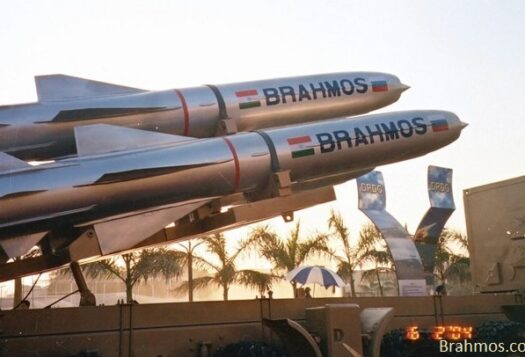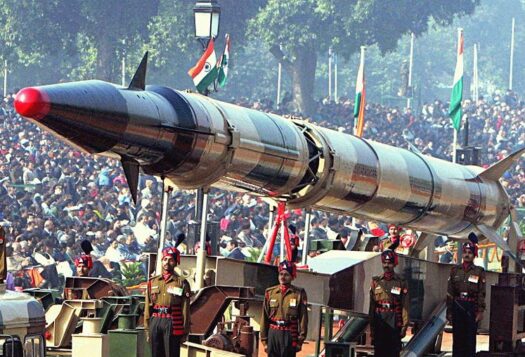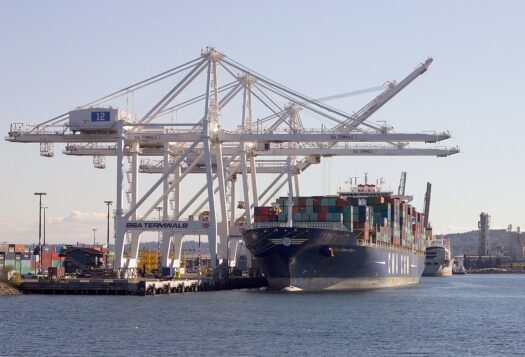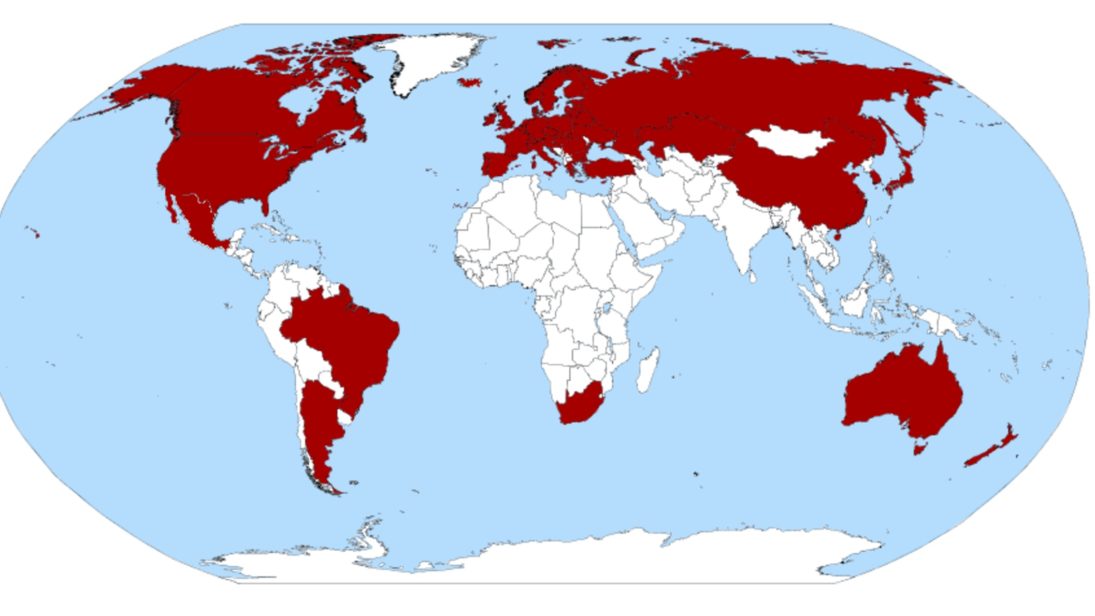
The Nuclear Suppliers Group (NSG) is losing credibility. The proposed new criteria for membership, discussed in the June plenary and the December consultative meeting last year, are diluting nonproliferation norms and are not agreeable to all members. Further, the proposed country-specific approach weighs heavily in favor of India, leaving an equally-credentialed Pakistan with a number of barriers to entry. In order for the export control group to maintain its integrity and achieve its nonproliferation objectives, a transparent, criteria-based approach to NSG membership is warranted.
June 2016 Plenary and December Meeting: The Grossi-Song Formula
The June 2016 plenary discussed the technical, legal, and political aspects of the participation of states that are not party to the Nuclear Nonproliferation Treaty (NPT), but failed to lay down criteria for NSG membership, remaining fixated on the question of the NPT. China took a principled position that there should be a criteria-based approach for all membership aspirants, which would apply to all non-NPT applicants, accompanied by consultations and discussions specific to the country. It is believed that at least 12 NSG members support China’s appeal for a criteria-based approach.
At the June plenary, then-NSG Chair Ambassador Rafael Mariano Grossi of Argentina was tasked with coming up with a transparent consultation process with all the members to agree on an impartial membership criterion. The outcome was a revised version of a draft ‘Exchange of Notes’ for Non-NPT applicants, outlined by Grossi and the current NSG Chair, Ambassador Song Young-wan of South Korea. It is a sequential approach, which paves the way for Indian membership and harms Pakistan’s case for admission. As Zamir Akram points out, it includes actions that India already took to receive an NSG waiver exempting it from full-scope safeguards, which was needed for the Indo-U.S. nuclear deal. It further advocates that Pakistan seek a waiver to be eligible to receive civil nuclear technology, even after being granted NSG membership. It is believed that the revised version, also known as the Grossi-Song formula, did not consult China and saw opposition from other members including Turkey, New Zealand, Brazil, Ireland, Austria, Belarus, Italy, and Switzerland. Even Russia called for more consultations among the members and greater transparency in the procedure.
Implications
The Grossi-Song formula did not break the logjam in the NSG membership process, as it had nothing new to compel India to take any additional non-proliferation commitments. Likewise, nuclear experts have warned that “any further country-specific exemption from NSG guidelines for trade and/or membership without compensating steps to strengthen non-proliferation and disarmament would increase nuclear dangers in South Asia, and weaken the NSG and the broader nuclear non-proliferation regime.” In other words, South Asia’s strategic stability will be challenged if any country-specific decision is taken at the NSG, further elevating the jeopardy of confrontation between both nuclear powers.
The Indo-U.S. civil nuclear deal and the 2008 NSG waiver to India have already tainted the NSG. Due to double standards and the inability to reach a consensus on the India-Pakistan candidacy issue, the NSG’s credibility, and even that of the nonproliferation regime, is being compromised.
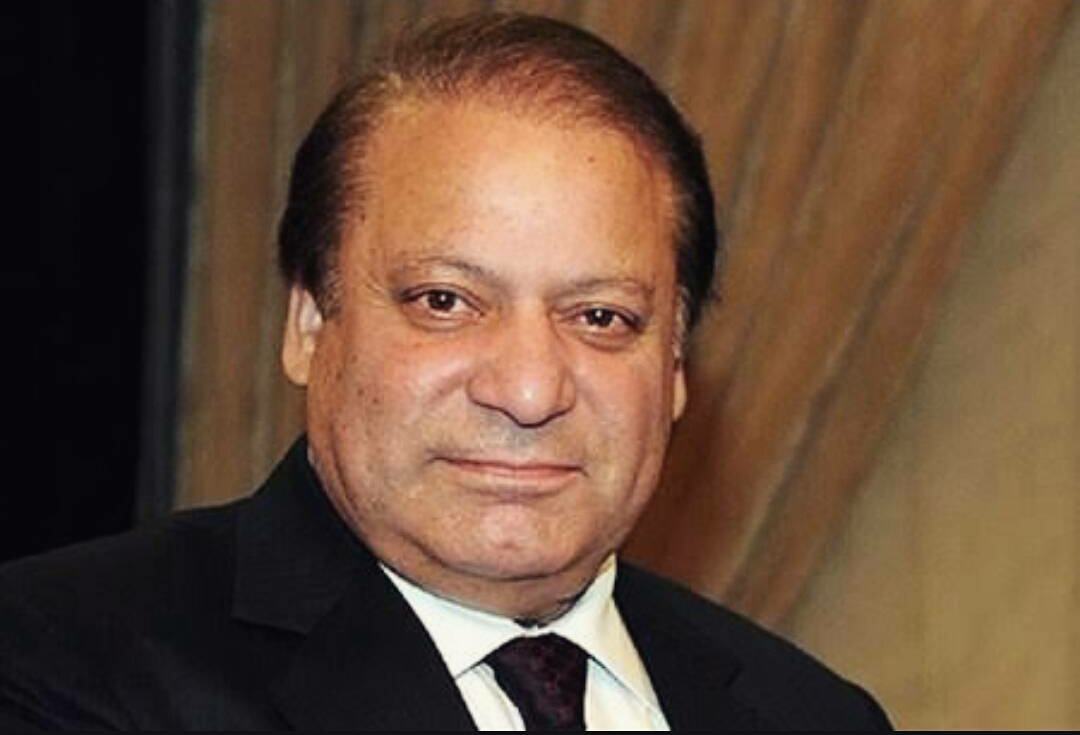
Way Forward
Pakistan’s credentials for membership are equivalent to those of India’s. While submitting its application for NSG membership, Pakistan outlined credentials such as the harmonization of its export control lists with those of the international export control regimes, efforts to ensure nuclear security and safety, and adherence to NSG guidelines. Likewise, Pakistan’s Ambassador at Vienna said, “seeking participation in the export control reflects Pakistan’s strong support for international efforts to prevent the proliferation of weapons of mass destruction and their means of delivery.” If the new draft criteria are presented with transparency, Pakistan would probably not have any apprehensions in signing an additional protocol on its civilian facilities. Similarly, Pakistan could accept a separation of its military and civilian program, which is technically already operating separately. The only additional step would be to bring these measures under formal International Atomic Energy Agency(IAEA) considerations. These steps would further strengthen Pakistan’s case.
The backlash to the Grossi-Song formula has created space for Pakistan to achieve tactical success by working with like-minded states, eventually halting another preferential waiver for India. Pakistan will welcome effective draft criteria if developed with transparent and comprehensive consultations among all the participating governments, as should India.
Last but not least, to sustain the norms and credibility of the multilateral export groups, the nonproliferation regime needs to promote the ideals of strategic restraint and avoidance of nuclear war. It is through the realization of these normative postures that regimes such as the NSG will have any chance of survival. The upcoming plenary next week could be an opportunity for the group to revive its declining image.
Editor’s note: This piece belongs to a two-part series that examines the possibility of India and Pakistan’s membership ahead of the Nuclear Suppliers Group plenary meeting next week. Read the entire series here.
***
Image 1: Nuclear Suppliers Group
Image 2: Prerna Goyal, Wikimedia
